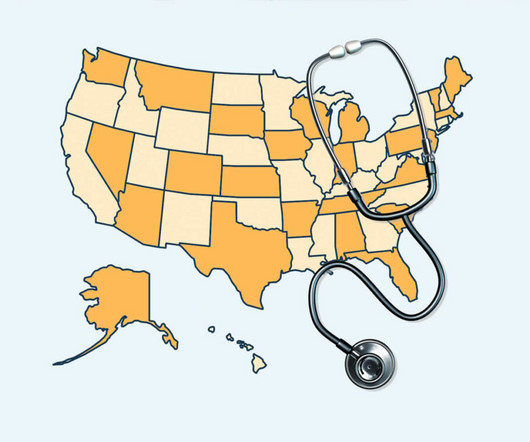Pain Management & Opioid CME Requirements by State
Board Vitals - Pharmacist
JANUARY 9, 2021
Each state’s medical licensing board has its own set of requirements for medical professionals to maintain their state medical licenses; some states require allotted CME hours on specific topics. Find your state’s specific pain management and safe opioid prescribing-related CME needs in this guide. Got a CME Allowance?













Let's personalize your content